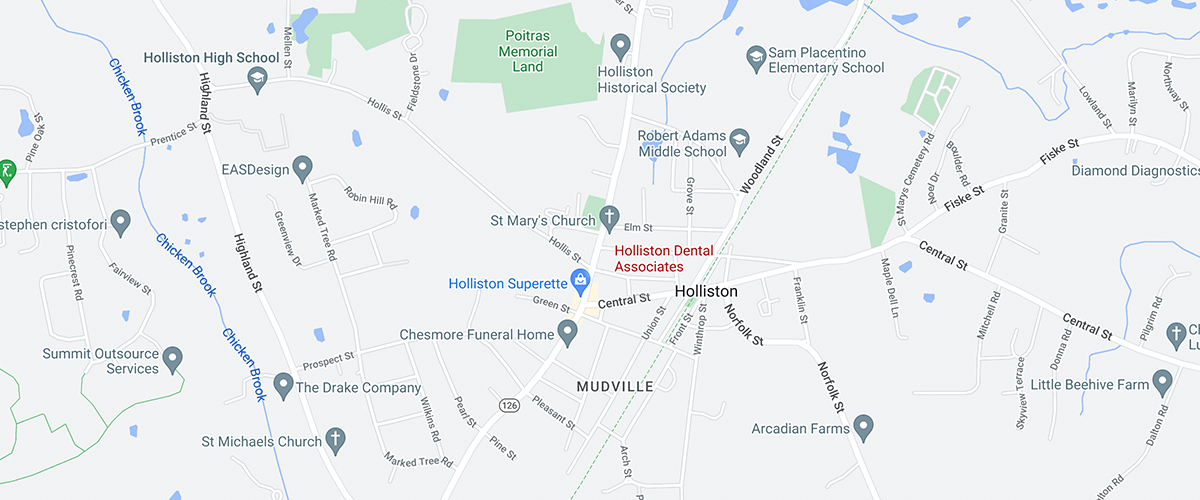Steer clear of that candy!
November 8th, 2023

At Holliston Dental Associates, we know how tempting candy can sometimes be on our sweet tooth, but it’s important to remember that every candy and sugary treat you consume elevates your risk of developing tooth decay, which can break down your teeth.
While not all bad in moderation, when eaten in excess, candy can lead to big problems, especially if good oral hygiene habits are not followed. We have a few helpful tips if you just can’t stay away from all those treats:
1. Consume candy and other sweets during meals when your saliva can help neutralize the acids that are found in some candies, especially the sour variety.
2. Avoid sticky or hard candies, which can stay in your mouth longer than you think, resulting in acids being constantly exposed to your teeth. That leads to cavities and tooth decay.
3. Make sure the water you drink is fluoridated. Water that is fluoridated has been shown to help prevent cavities.
4. Make sure to maintain your daily oral hygiene habits. This includes brushing twice a day, and flossing at least once.
5. Visit our office twice a year for regular dental checkups and cleanings with Dr. Edmond Massabni. During your visit, we can help catch problems such as cavities early to reduce the effects they have on your teeth, as well as give you tips for improving your oral health.
We hope these tips have helped! To learn more about cavity prevention, or to schedule your next visit at our convenient Holliston, MA office, please give us a call!



